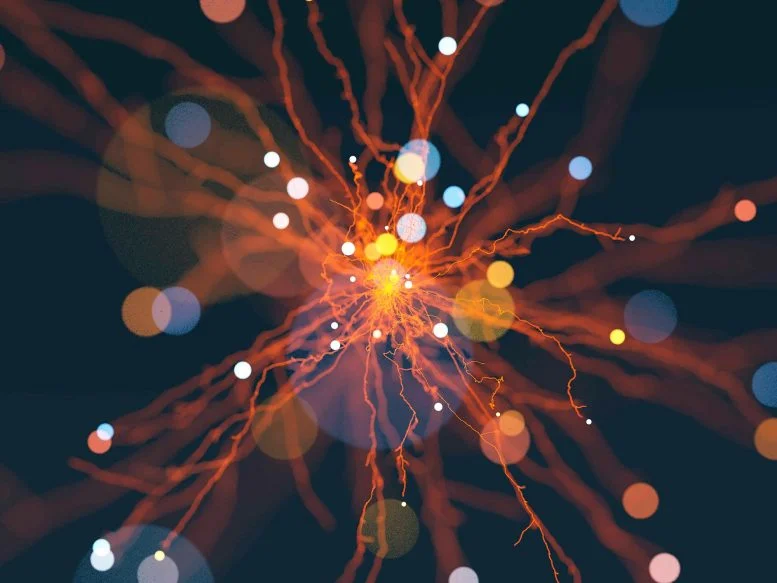The New York Times sued Microsoft and OpenAI for copyright infringement. The papers blame them illegally using thousands of your texts to train artificial intelligence models such as Copilot and ChatGPT and hold them liable for legal and actual damages in the billions of dollars.
It was a given that one of the world’s largest content generators will sue the companies behind the main development of AI. And with absolute certainty it will not be the last, opening a gigantic legal battle against unauthorized use of published content to train the most popular generative AI chatbots. The entire case will have important implications for the media industry and the development of artificial intelligence technologies.
“Through Microsoft Bing Chat (recently renamed Copilot) and OpenAI ChatGPT, the defendants seek to exploit The New York Times’ massive investment in its journalism, use it to make substitute products without permission or payment«you can read in the lawsuit, filed in Federal District Court in Manhattan.
“Defendants Seek to Take Advantage of Times’ Huge Investment in Journalism”they say in a lawsuit accusing OpenAI and Microsoft “using Times content without paying to create products that will replace the Times and steal its audience”, they emphasize. The lawsuit cites several examples of chatbots providing users with near-verbatim excerpts from Times articles that would otherwise require a paid subscription to view.
Big problem. “If The Times and other news organizations cannot produce and protect their independent journalism, a void will be created that no computer or artificial intelligence can fill«reads the complaint. “Less journalism will be produced and the cost to society will be huge”they assure.

Copilot, AI and copyright
The legal implications of content arising from the use of new AI clients is another issue that needs to be addressed in this type of technology. The situation is illustrated by a single fact: artificial intelligence has produced more pictures in a year and a half than all the cameras in the world in 150 years.
Microsoft, which is aware of this situation, announced last September a new policy that it will offer to its business customers extended copyright protection for content generated by its new artificial intelligence assistant Copilot. Extending Microsoft’s existing intellectual property indemnification coverage for results generated by AI chatbots and AI-powered assistants.
These principles will need to be applied first hand. Although the Times’ lawsuit does not include an exact monetary request, it says the defendants should be held liable for it “billions of dollars in statutory and actual damages” associated with “illegal copying and use of extremely valuable works of the Times”. The ruling, if passed, will end and have to stop the illegal use of content by generative AI clients.














